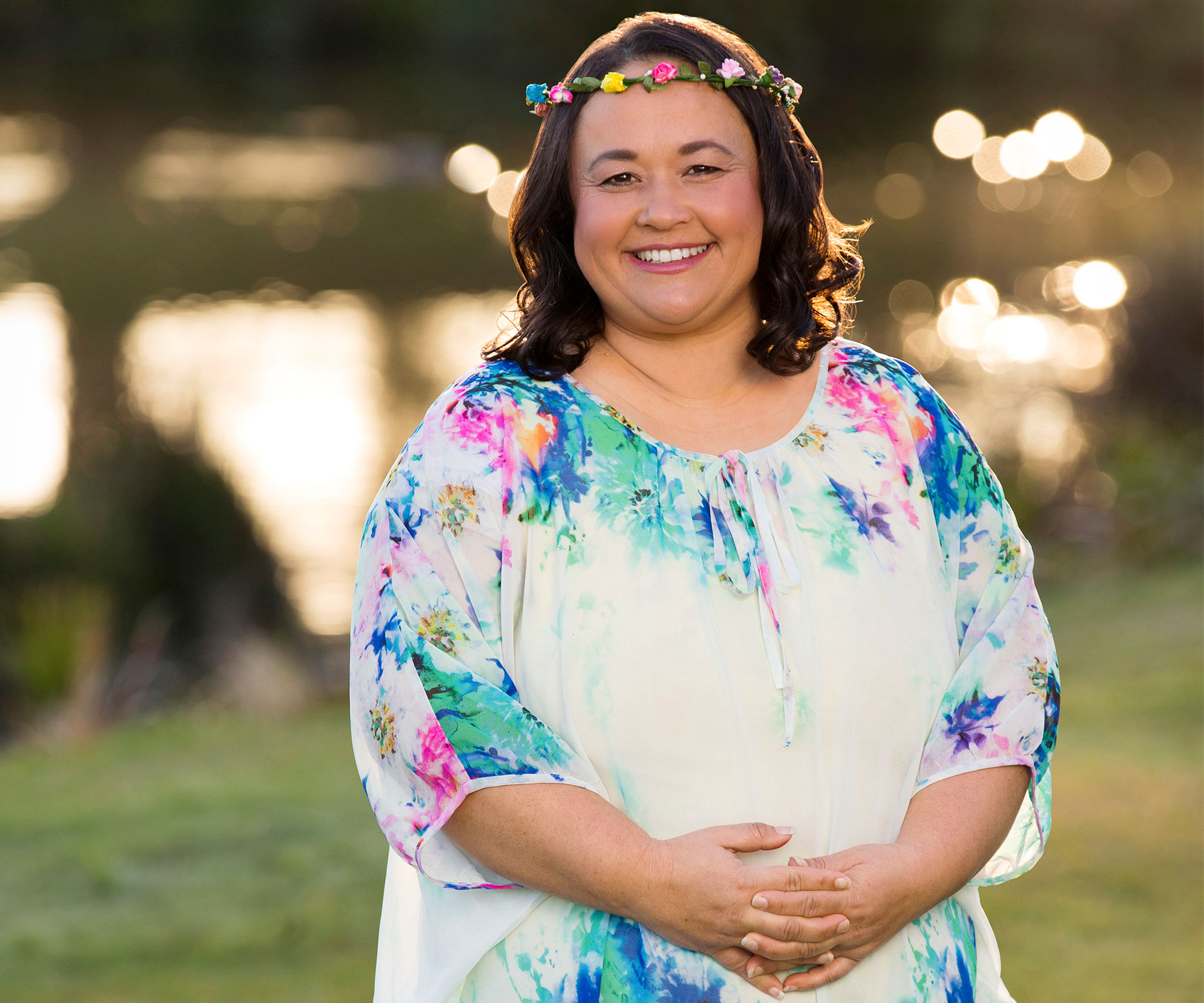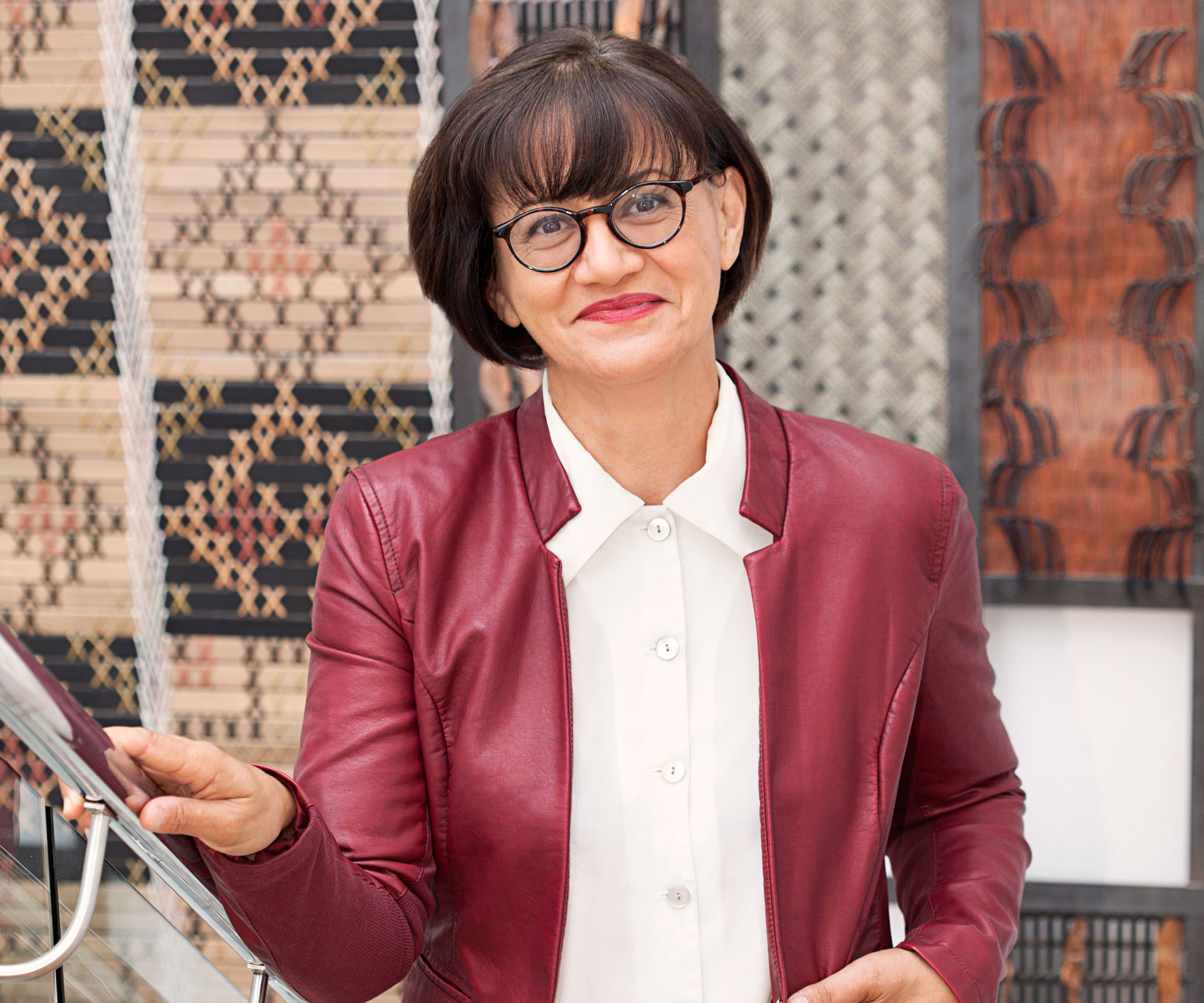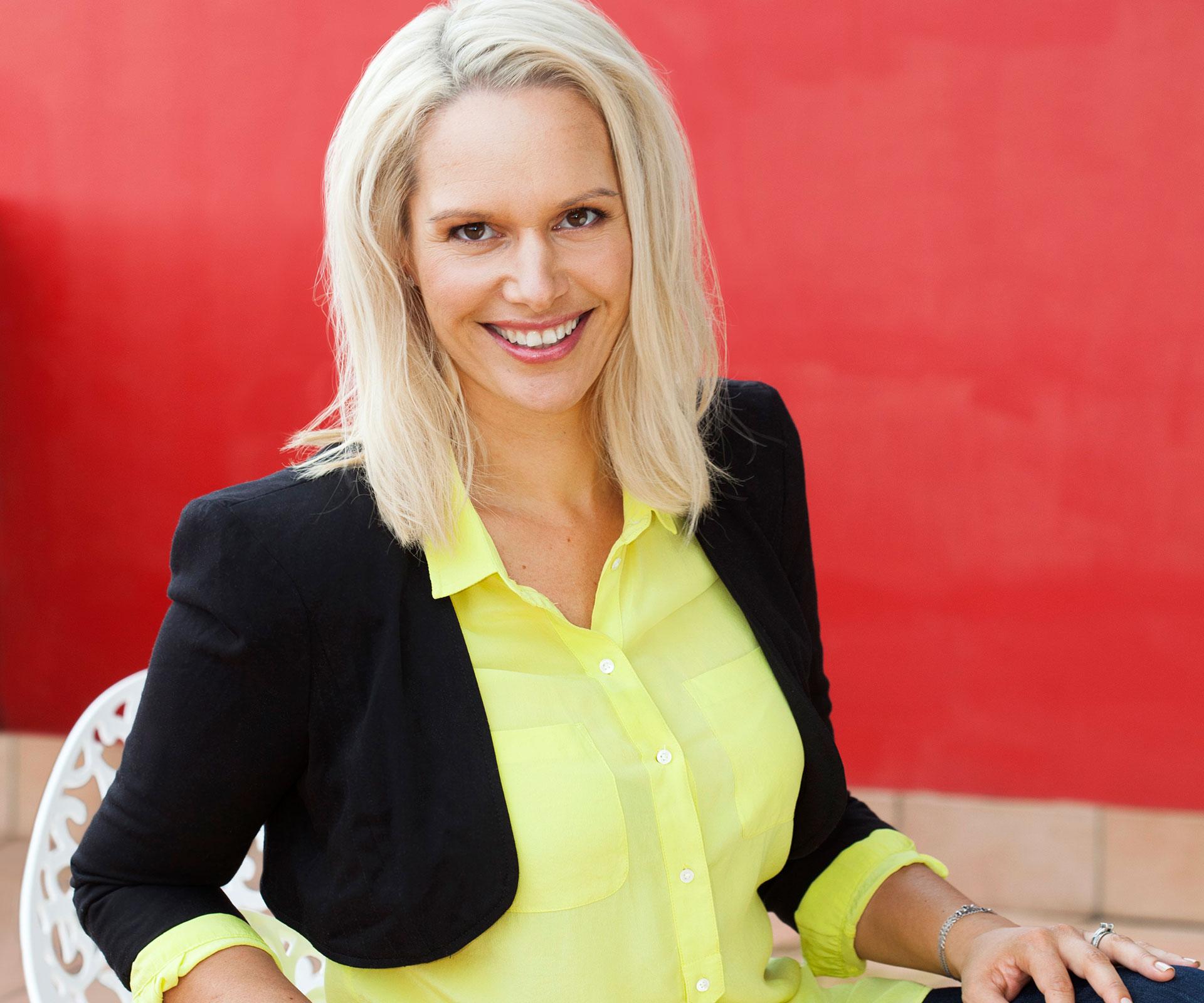“This series of articles is about women who inspire me. Some of them I have known for some time, others I have admired from a distance over the years. All of them share the same characteristics. They are warm, kind, courageous, fun-loving people. They are generous of spirit and they are supportive of other women.” -Judy Bailey
Her girlish giggle is infectious. Broad smiles seem to come readily to a face that belies her age. Julie King has hardly a wrinkle to show for her 41 years… and yet life has not been kind or easy for her.
I first met Julie a year ago, when I was asked to be a judge for awards celebrating people who do amazing work in their community. It was her courage that I found so compelling. She had waged what was essentially a one-woman campaign against the sale of legal highs in her home town of Tokoroa. It wasn’t a popular move for many in that tough timber town. She was isolated, harangued, and some even threatened her life.
Yet despite the fact she is a tiny woman, she has a spine of steel. Julie had seen the damage caused by the so-called ‘harmless’ party drugs. The lives ruined, the kids with empty eyes, rotting teeth, open sores. “The drugs have terrible side effects,” she tells me, eyes full of concern. “Even the emergency services didn’t know what to do with those high on them. But because it was legal, people thought it was safe.”
As she stood alone outside her local dairy holding her blunt, take-no-prisoners placard – ‘K2 is full of poo, stay true and get a clue’ – it would have been easy to lose heart. But giving up was not an option for Julie.
The second oldest of 10 children, Julie has that air of capability about her that older children from big families often have. She grew up in Parau in West Auckland. The family were practising members of the Mormon church. But it was a violent and chaotic childhood. She grew up fast.
Her mother remarried when Julie was nine. She is reluctant to speak about her early years, but life was bad enough to cause her to leave home and school at 15. It didn’t get any easier.
“I would drink to get wiped out – until I was unconscious,” she tells me in a matter-of-fact way, as if she has finally made sense of those years. “I had a job at a bakery. They’d call me Little Red Riding Hood because I loved wearing red and I carried a red basket around the local factories and offices selling filled rolls.”
What no one knew was that she was also living on the streets at the time, selling herself as well as the rolls. She had reached rock-bottom. She would sleep in Lynn Mall most nights. “It was cold and damp and depressing,” she recalls. “I had a jacket, but it was never warm enough. I would have to wake up real early so I could leave before the security men got there.”
How did she cope, I ask? “I had an invisible friend at the time, kind of like a big sister, and she would encourage me to do good things.” She looks at me as though worried I’ll think she is quite mad. I tell her it’s common for children to have an invisible friend, and she was scarcely more than a child at the time.
Her invisible friend saw her through this impossible period, steering her back to the Mormon faith she had grown up with – a faith that gave her comfort.
“I was raised in the church and I loved Sunday school and especially the singing.” It was through the church that she met her husband Simon, 41.
A tight unit, they’ve been married for two decades. “Simon came from a family with a lot of love. I needed someone like him to save me,” Julie says.
They have four children: David, 21, Sarah, 19, Michaela, 18, and Kaitlyn, 14. They’re all living at home in Tokoroa. David has a job in a motor accessories store, Sarah and Michaela are studying tourism, and Kaitlyn is still at school.
Simon works as a maintenance man at the local rest home. Financially, it’s not easy, but they make ends meet and ensure they always have time for those around them. “It heals you when you do things for others,” Julie says.
Julie and Simon share a common bond. They have both struggled with mental illness for most of their lives. Julie is bipolar, Simon, schizophrenic. Julie has great highs and greater lows. Life is a constant roller coaster. “When you’re sick you appreciate how good it feels when you’re well,” she says with a smile.
Julie suffered from post-natal depression after each of her children’s births. “Simon did everything for me. He is a brilliant father. I’m so lucky to have such a great husband.”
They were young when they married – Julie just 20 and Simon 21. Julie was pregnant with David. They had nothing.
“For the first few years things were pretty rocky,” Julie recalls. “We lived with Simon’s parents for a while. Four of us [Sarah came along soon after David] living in one room for a year… that was tough.” Julie worked as an Avon consultant. “I made $56,000 worth of sales one year. I won the highest sales in the district,” she says proudly.
It’s that entrepreneurial spirit that’s got her where she is today.

Julie King started Love Soup a soup kitchen for Tokoroa’s needy.
After a number of moves, Julie and Simon eventually settled in Tokoroa. Julie experienced another debilitating low that caused her to try to take her own life. She ended up spending two years living as a virtual recluse. “Sometimes just being around people is exhausting,” she sighs.
But out of that extreme low came a new sense of direction. She dreamed of starting a soup kitchen for Tokoroa’s needy.
“When I first started Love Soup, people thought I was crazy,” says Julie, who is wearing a lime green t-shirt with ‘Love Soup: Caring, connecting, changing lives’ emblazoned across it. “I have all these plans and dreams but some people see me as a kite, flying off, needing to be held down.” She starts to laugh. “People learn they have to run with me!”
What do her kids think of her project? “Well, they say I’m a lot nicer than I used to be,” she admits. “I used to be grumpy and moody, I’m less that way now.”
Love Soup operates six days a week. Soup is available for the homeless and needy on Mondays and Wednesdays, and it’s not just soup – it’s developed into a three-course meal of soup, main and dessert. The rest of the week Julie runs a cooking class. Then there’s ‘Kids Kai’ – soup that she takes to the local school for hungry kids. She also organises help for families in need.
All this charitable endeavour is backed by the local businesses she persuaded to help. Julie’s work is entirely voluntary – she is not paid for the hours she spends helping others.
Prisoners from Waikeria near Tokoroa keep her supplied with vegetables from their garden. “It’s great for these guys to know they are doing some good; it helps their self-esteem,” she explains.
Julie is passionate about this project, which she sees as a way of connecting with people who desperately need help. “It just felt like the right thing to do,” she says simply.
She has plans to set up an urban marae where she can collaborate with other organisations providing emergency shelter and teaching life skills. “I’ve always wanted to help youth; they have so many challenges,” she says, thinking perhaps of her own troubled past.
And still she struggles with mental illness. After the ‘up’ there is always the ‘down’. Learning to keep the balance is really important. “Always have gratitude,” she says. “It’s something you have to work on. Things seem happier and more vibrant. It brings you to life.”
I comment on how hard it must have been to put herself out there. It must have taken a lot of courage. “Yes, but you have to go out of your comfort zone, because if you don’t you’ll never achieve. Change is frightening, but it’s growth.”
As for her own children, what she wants for them is to be happy. She wants them to respect others and, perhaps not surprisingly, she wants them not to waste their time – to have a project.
Their mother is a great role model.
Words by Judy Bailey
Photos by Stephen Barker
Hair and Make-up by Suzie Rutz


